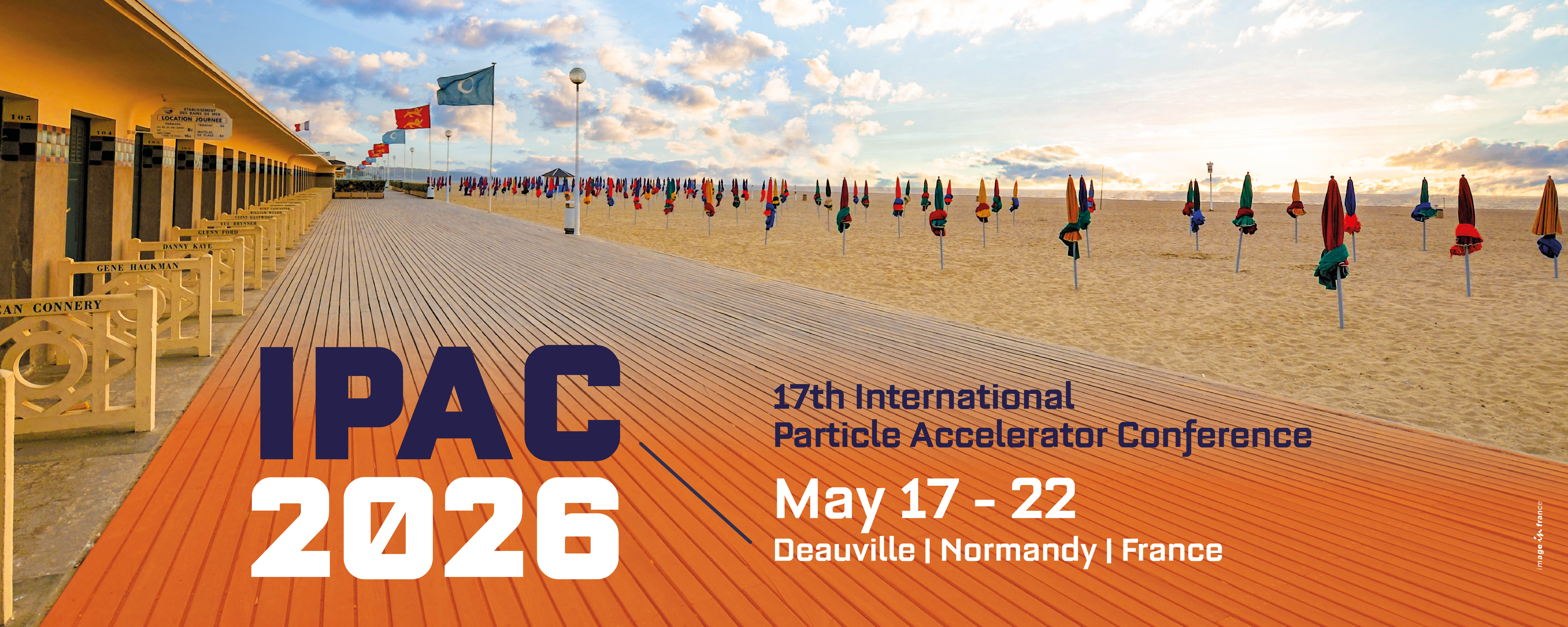The SPIRAL2 facility has produced its first beams in 2019, marking the opening of new research opportunities at GANIL. Operational for physics experiments since 2022, the linear accelerator delivers a wide variety of stable ion beams - from protons to uranium - with energies ranging from 0.75 MeV/A to 33 MeV for protons and up to 8 MeV/A for ions with A/Q = 7. The machine covers an...
The Update for the European Strategy for Particle Physics will take place over 2025, with various community inputs and an open symposium. Many are eagerly awaiting the outcome and what it means for CERN and large collider projects worldwide. If the response from the ESPP is clear and decisive, then this talk will be an opportunity to elaborate CERN's plans with the international accelerator...
Synchrotron light sources are undergoing a major transformation, driven by the need for higher brilliance, greater efficiency, and more advanced experimental capabilities. The transition to 4th generation synchrotrons is enabling groundbreaking research in imaging, spectroscopy, and materials science, with improvements in accelerator design, beam stability, and data handling. Key advancements...
The realization of low-emittance muon beams through cooling and acceleration is a pivotal technology with significant potential to advance various scientific disciplines, ranging from fundamental particle physics to applied material science. Recently, we successfully demonstrated, for the first time, the acceleration of positive muons generated by resonant multi-photon ionization of muonium...
The European Spallation Source (ESS) is in the final stages of commissioning its linear accelerator (linac), which will deliver a high-power proton beam for neutron production. The commissioning process involves progressive testing of subsystems, including the ion source, radio-frequency quadrupole (RFQ), and superconducting cavities, to ensure stable and reliable beam operation. Key...

